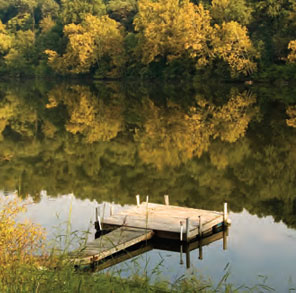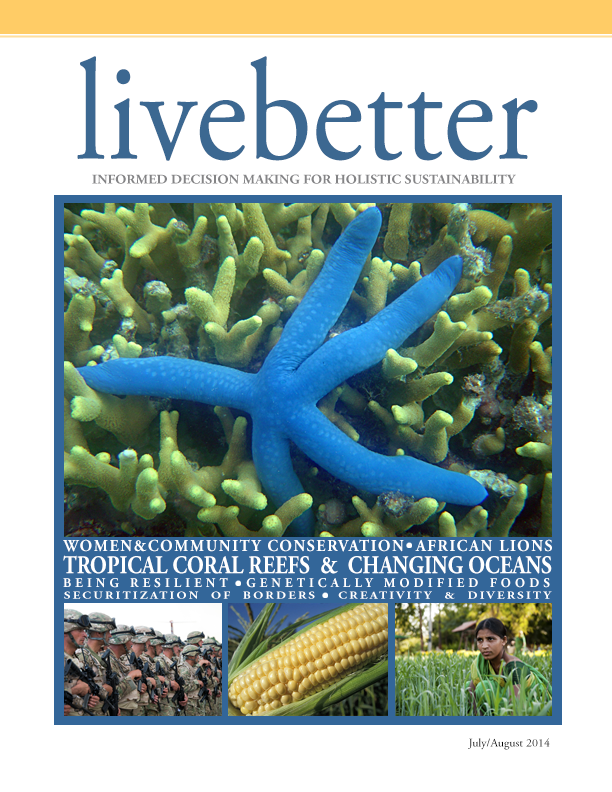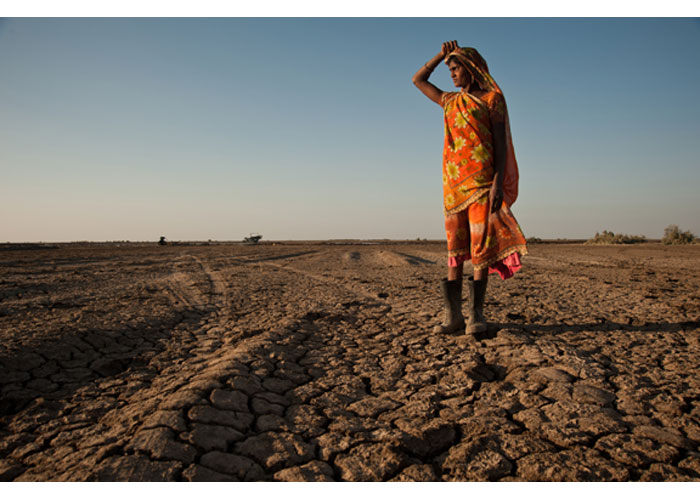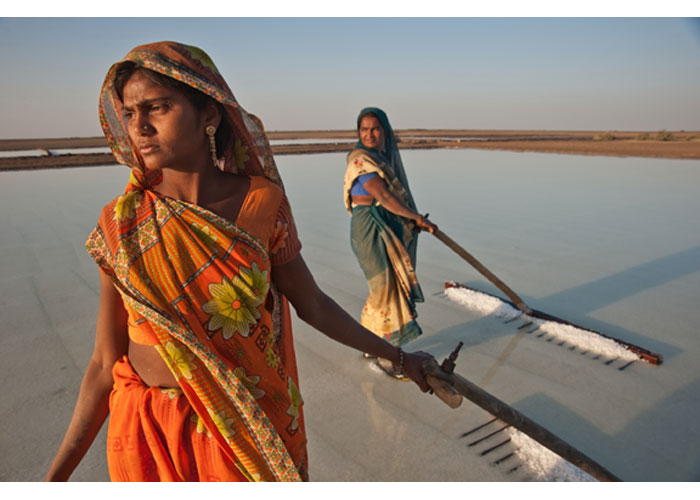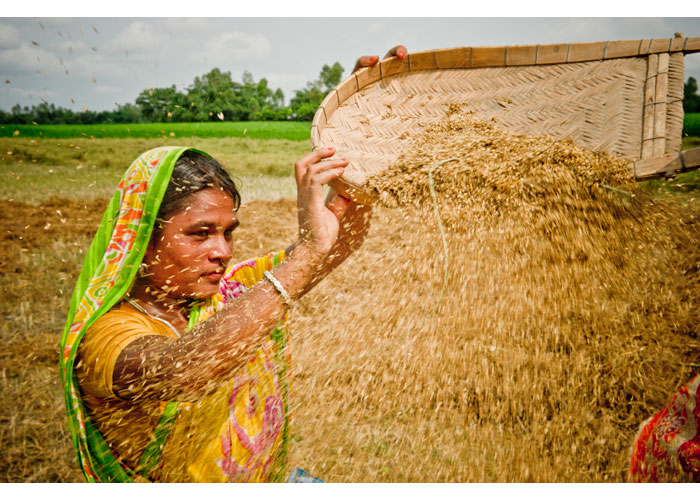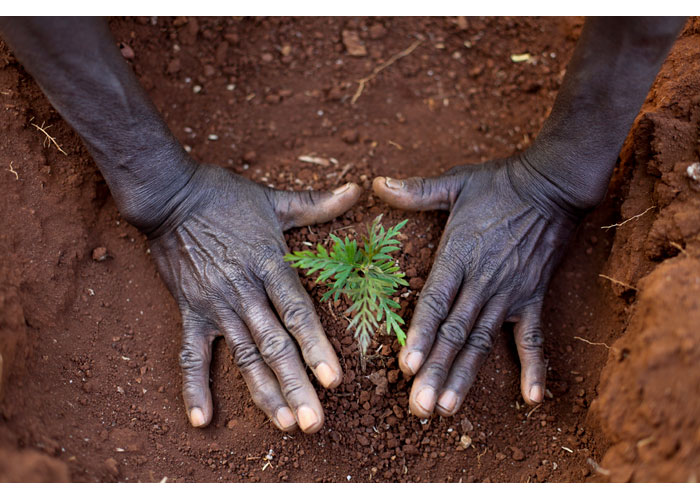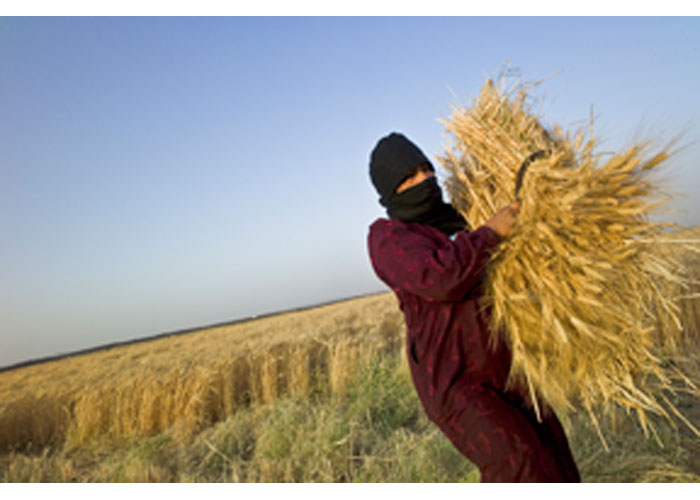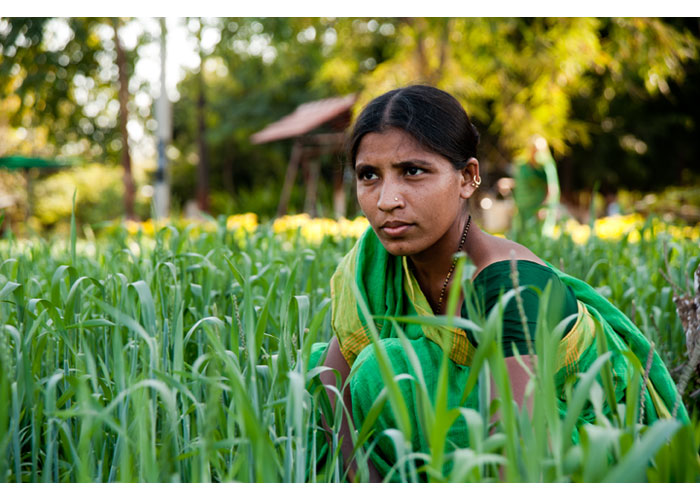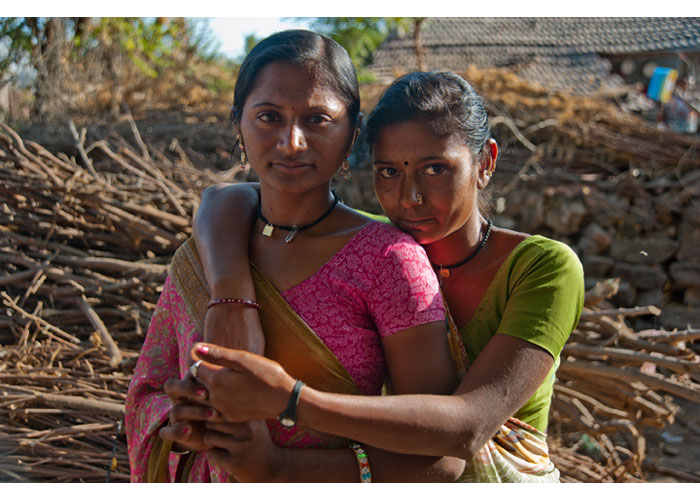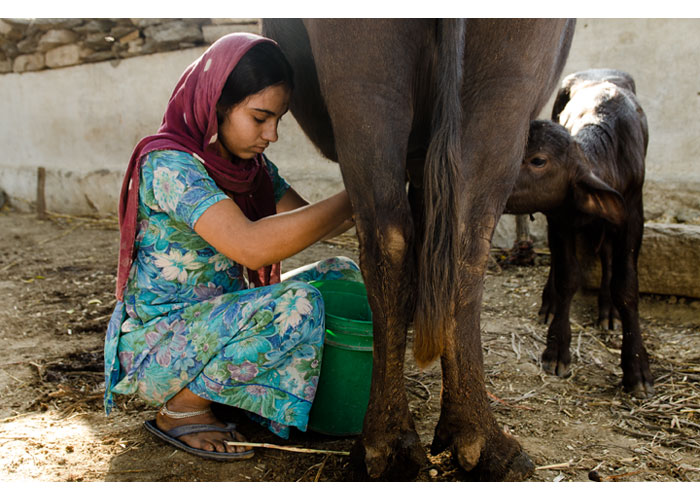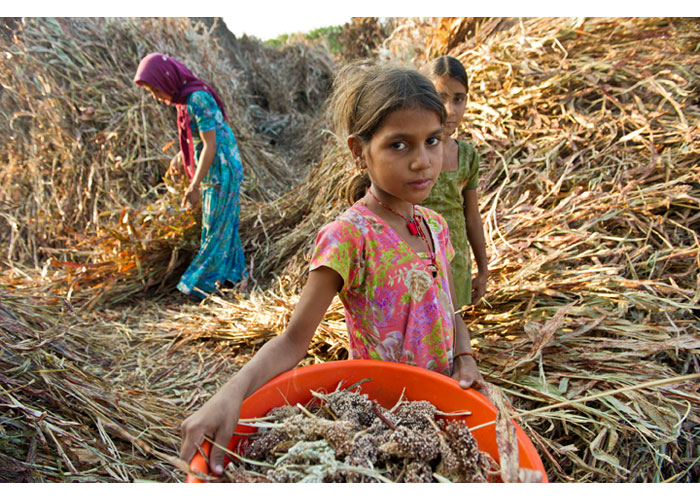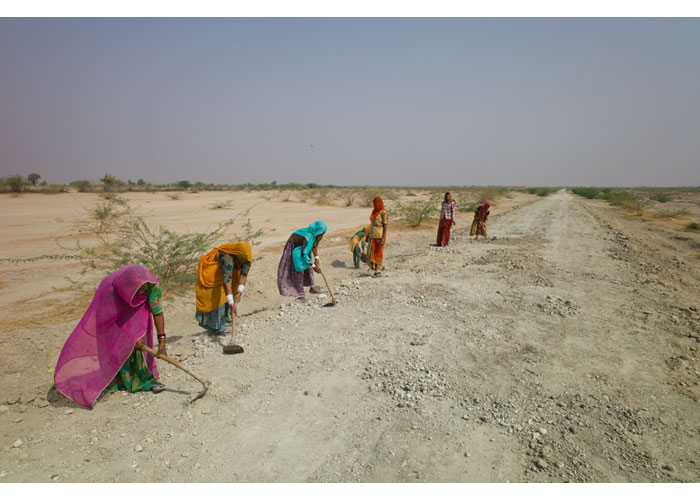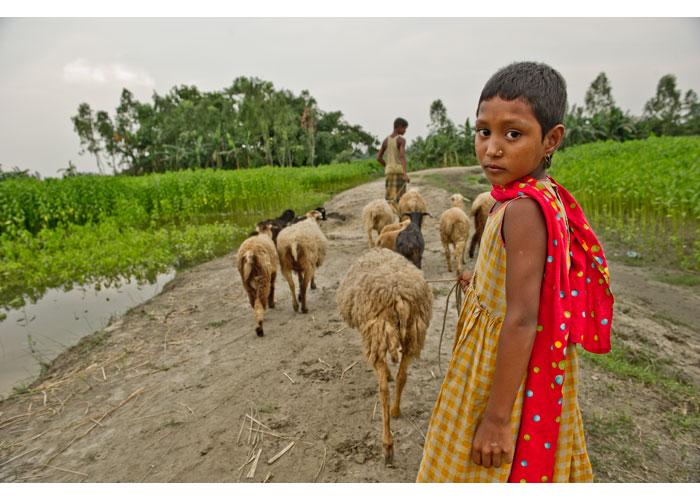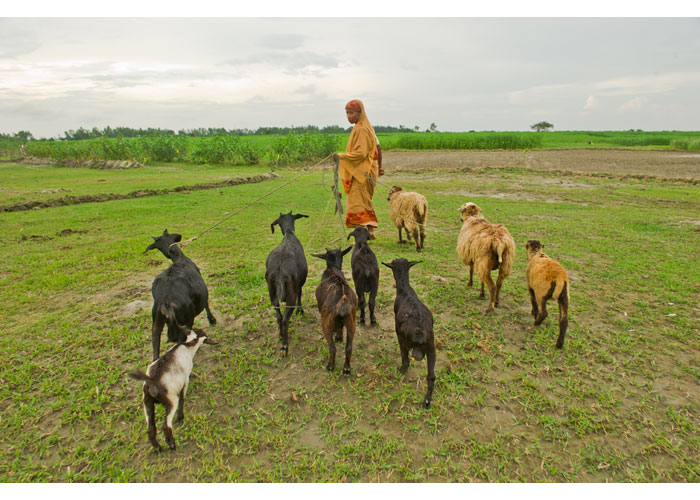The True Price of Consumerism
One day not long ago, I was working in my home office on a rural West Virginia mountain when I had an epiphany or “light bulb moment,” thanks to revising Leah Cunningham’s Baia Mare feature (p. 48 of this issue). For some reason, I’d never thought about the impact of gold mines on local people and their communities. Maybe it’s because I didn’t truly understand the consequences. Of course, livebetter has run two feature articles in two different issues to spotlight the proposed Bristol Bay open-pit cyanide-leach mine in the pristine Southwest Alaska region.
But I was apparently more wired into the potentially disastrous environmental impacts of mining than into its devastating side effects on individuals.
I’d never thought about protesting by not buying gold jewelry or, at the very least, by not buying “dirty gold,” which is the product of gold mined in an unsustainable manner. Earth Works (www.earthworksaction.org) is currently educating both consumers and jewelers about the link between this type of hardrock mining and environmental, social justice and human rights issues (www.nodirtygold.org). According to the Environmental Protection Agency, “. . . hardrock mining is the number one toxic polluter in the United States and has polluted 40 percent of the stream reaches of the headwaters of western watersheds.” And, sadly enough, we’re not even polluting the United States for our own material benefit. The U.S. Geological Survey points out that, as of 2002, “. . . nine of the top ten producing gold mines in the United States are foreign-owned.”
Mining is, arguably, an important industry. But it’s definitely not more important than people’s health and welfare, which is why we need to understand the true impact of what we consume and require more sustainable approaches. To do less makes us just as culpable for the outcome. Take, for example, coal mining in Appalachia – mountaintop removal, in particular. Anyone living in West Virginia intimately understands the environmental and social consequences of “valley fills,” which result from the horrid practice of dumping excess rock and dirt into nearby streams after a crew blasts the top off a beautiful mountain. This approach not only destroys streams but all life within them. People living south of me suffer this daily devastation so consumers in the Washington, D.C. area can continue to “keep their lights on” along with their air conditioners, their ipods, their video games and their . . . . In addition, many people in “my part of the woods” have their sole water source – well water – destroyed by such blasting. They even watch what used to be clean, clear, pure water turn into orange juice – or chili-looking crud that no one could possibly drink.
Think about the children in Baia Mare and Rosia Montana. Then think about the children in Appalachia and in other parts of the country and world. Is destroying people’s lives worth material nonsense? Some “things” we actually do need. Yet we may be spoiled. We all know that most “things” are not essential for a quality life. When we work 12-hour or longer days 5-7 days a week while trying to make ends meet, we eventually recognize a life so full of stress that we want to, as my husband would say, “commit sideways.” We don’t yearn for more “stuff” when we finally get some free time. We yearn for a chance to sit in a peaceful place and to breathe fresh air, to work in our yards, to walk in the woods, to watch the hawks and eagles glide high in the sky, or to fish in a pristine lake or stream. If we don’t come to terms with our consumerism, we won’t have anything of value left – not for ourselves, not for our children and definitely not for the eagles in the sky or the fish in the streams.










